
Do Baby Teeth Have Roots – Unraveling the Mystery
Baby teeth, also referred to as primary teeth or deciduous teeth, are an important developmental milestone for children. It’s only natural for parents to wonder about these little pearly whites, such as whether they have roots like permanent teeth.
In this article, we’ll introduce you to the world of baby teeth, examine their distinctive qualities, and shed some light on the intriguing inquiry of whether or not they have roots. We’ll delve into the structure and growth of baby teeth, talking about how important they are for chewing, and speech development, and setting the stage for permanent teeth.
Join us as we solve the mystery of the origins of baby teeth if you’re interested in the wonders of your child’s smile and want to learn more about them.
Do Baby Teeth Have Roots?
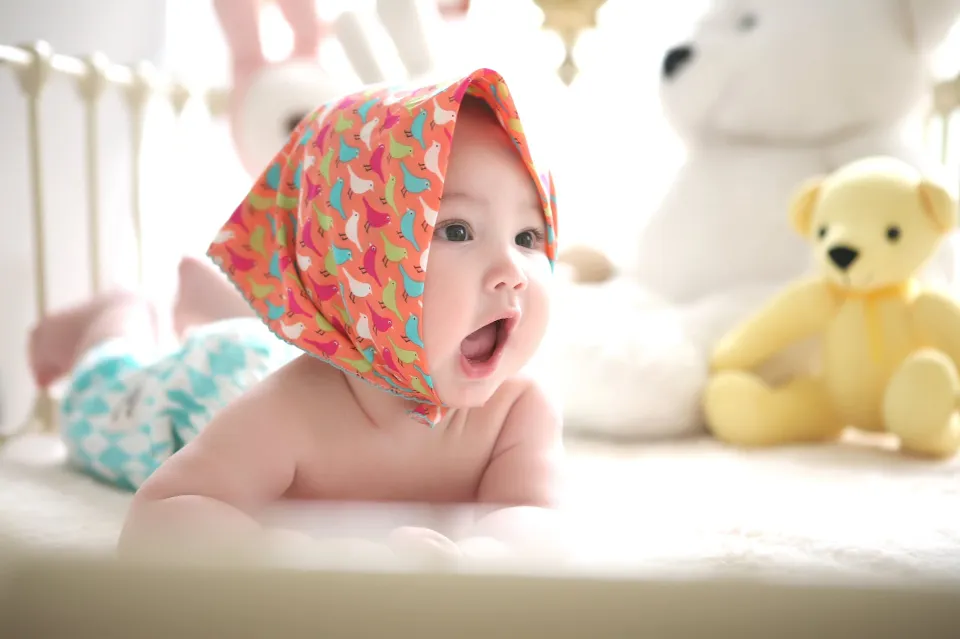
Yes, just like adult teeth, baby teeth have roots.
In order to fit in a child’s developing jaw, adult teeth must be smaller than baby teeth. Even though they are not permanent, they still need to be able to perform the same functions as adult teeth, including helping with speech and food chewing. Roots are essential in ensuring that baby teeth can do that, along with the other components of the tooth.
Read More: Baby Teeth vs. Adult Teeth
There are four main parts of both adult teeth and baby teeth, and they all play a key role in oral health:
- Enamel: the very thin, extremely hard enamel that is visible on the teeth.
- Dentin: which comprises the majority of the tooth’s thicker inner layer.
- Pulp: the soft tissue inside the tooth that houses the blood vessels, regenerative cells, and nerves that create dentin.
- Root: The roots, as their name suggests, are located at the base of the teeth and secure them to the gums and jaw.
Baby teeth must be securely held in place by their roots until adult teeth begin to push them out later in childhood for proper health and development.
Read More: How to Avoid Root Canal
Why Roots Are Important for Baby Teeth
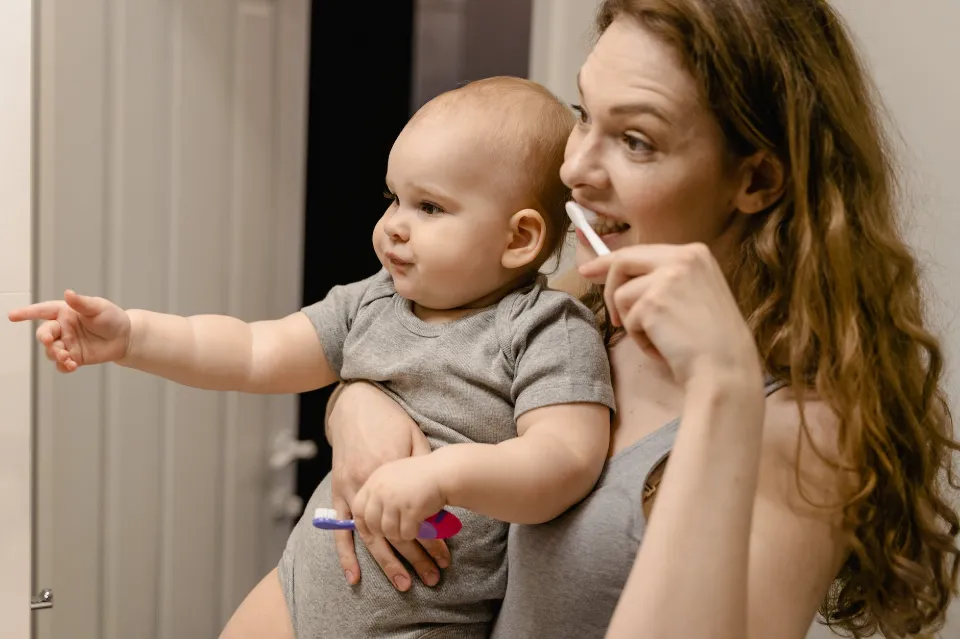
Just like adult teeth, baby teeth must remain firmly anchored in the gums and bones. The roots make sure they stay in place until they eventually become wiggly and fall out.
Although each child is unique, adult teeth typically begin to erupt by the age of six and continue until the child is about 12 years old. During this crucial time, baby teeth roots allow your child to chew and speak without too many wiggly teeth.
Caring for Baby Teeth & When to See a Dentist
The health of baby teeth is crucial, just like that of adult teeth. Don’t take them for granted just because they will fall out. Cavities, toothaches, and infections can all happen, causing your child pain and possibly long-term issues. Read More: Can Cavities Cause Headaches
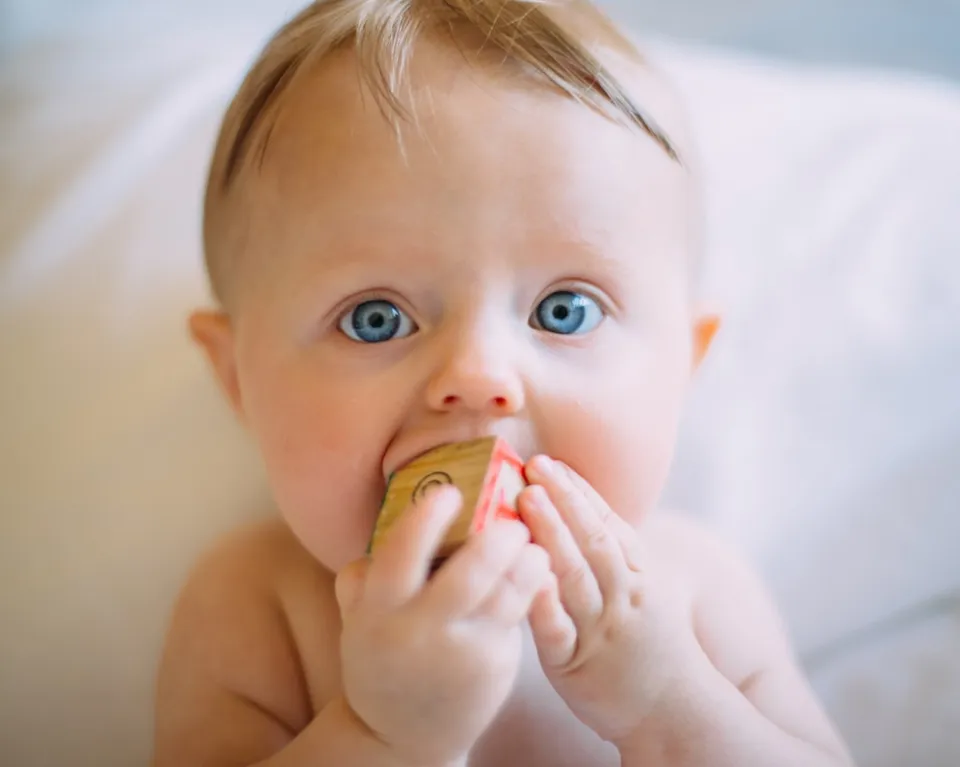
Baby teeth require special oral care. Take the following steps to ensure your child’s teeth, including the roots, stay healthy until those adult teeth come in:
- Start brushing as soon as those first baby teeth come in
- Use a flosser to keep bits of food out of the gaps (Read More: Can Braces Fix Gaps in Teeth)
- Avoid too many sugary foods
- Avoid milk or sugary drinks before naptime or bed, the acid can break down enamel in baby teeth
- See a dentist for early dental care — it is recommended to make that first appointment by one year, or within six months of the first baby tooth
In addition to performing a thorough examination to make sure the mouth and teeth are growing properly, your dentist can offer oral hygiene instructions.
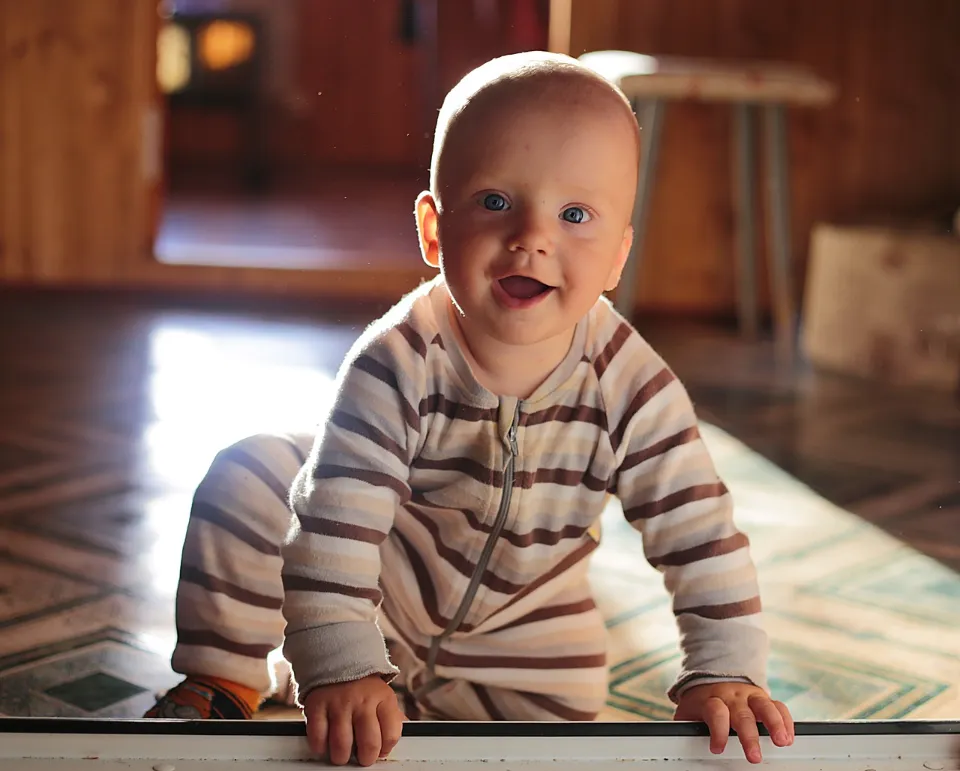
Occasionally, the baby teeth’s roots can function too effectively, which delays the emergence of adult teeth. In this circumstance, a child’s baby tooth may require extraction by a pediatric dentist.
What to Do Once a Baby Tooth Falls Out
Encourage your child to keep brushing their teeth with their regular toothbrush and toothpaste after losing a baby tooth by encouraging them to gargle with warm water. Show them how to gently brush the area where the tooth was knocked out to prevent irritation. Your child can get ready for the development of permanent teeth by continuing to brush twice daily, floss at least once daily, and eat a balanced diet.
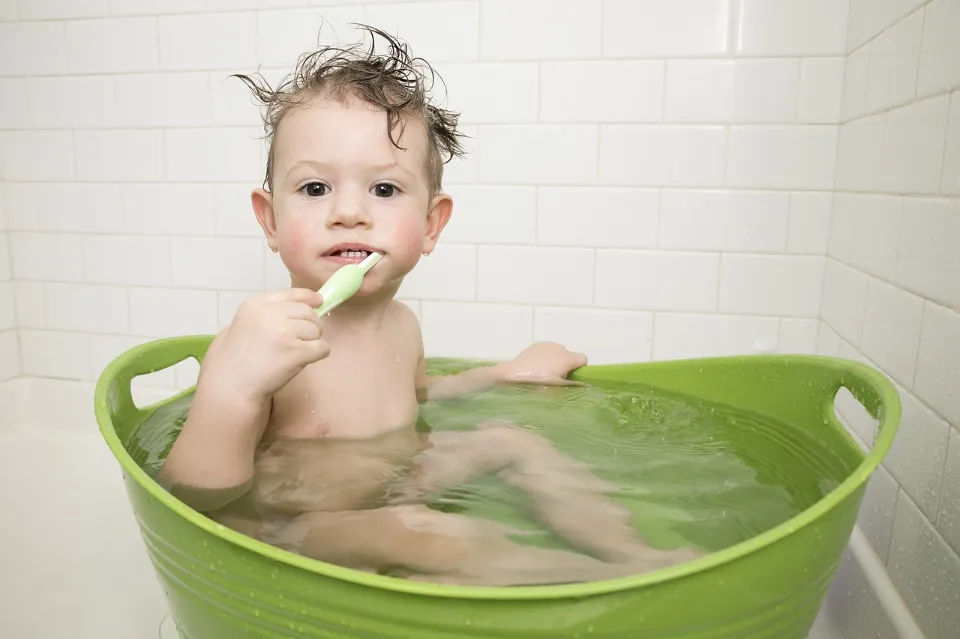
Conclusion
Permanent teeth can occasionally have a misalignment within the jawbone. As a result, the permanent tooth erupts concurrently with the baby tooth, preventing the baby tooth root from resorbing. To help the permanent tooth realign in this situation, a child’s dentist will need to manually remove the baby tooth.
When a child’s teeth fall out, it’s normal for them to not appear to have roots. Your child’s body has now absorbed those roots and is using them elsewhere.





Average Rating